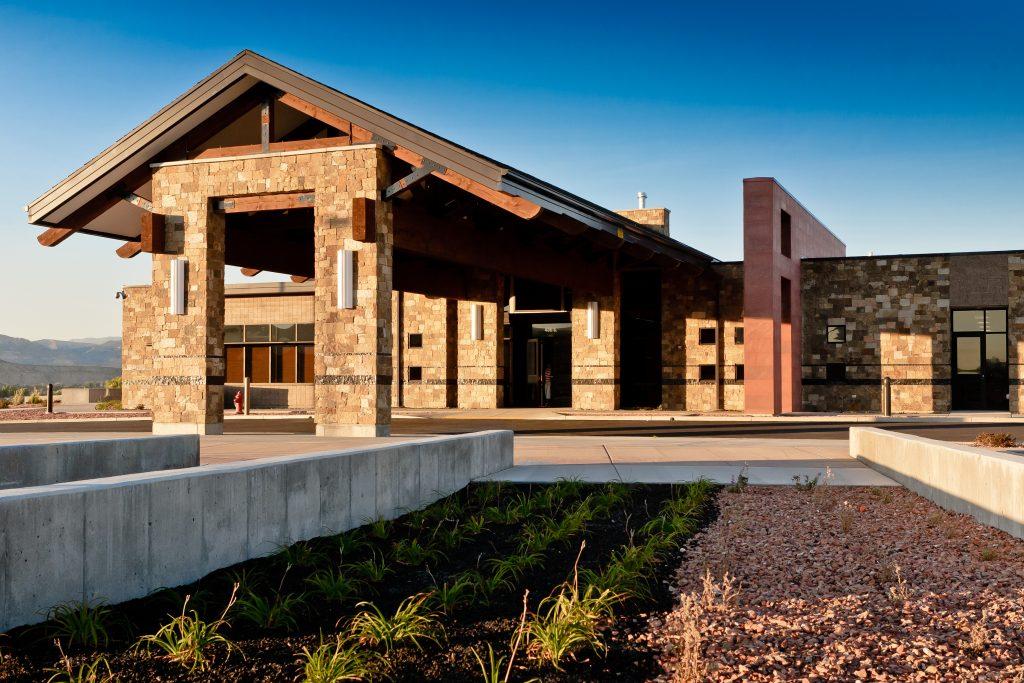On Thursday evening, the Carbon County Historical Society met once again for its monthly meeting. For April, the society welcomed Larry Gerlach to speal on a darker side of history in the area.
Gerlach, who is a Professor of History Emeritus from the University of Utah, has written about the era of the American Revolution, detailing the coming of independence, the adoption of the Constitution, history on the Ku Klux Klan in Utah and much more.
Currently, Gerlach is in the process of writing a history on lynching in the state of Utah. He was careful not to speak about any specific incident and instead discussed his research process on the topic. He stressed the importance of studying unsavory aspects of Utah before giving an overview of lynching history.
Racial lynchings were used as a form of control that was designed to maintain, in a violent manner, a racial hierarchy that saw the white man on top. It is no secret that racial prejudices were very popular in the South, though the belief system and abuses were carried to other regions as well.
Over 4,000 racial terror lynchings in 12 southern states, as well as an additional 300 lynchings in other states, were documented by the Equal Justice Initiative. Unfortunately, the state of Utah was the location of three of those lynchings, and one even happened in Carbon County.
According to historical reports, in June of 1925, Robert “Bob” Marshall was an African American coal miner that was detained for the alleged murder of a white male guard in Carbon County. Though he was supposed to be brought to the jail in Price, a crowd was waiting for him. The crowd overpowered Marshall and he was taken to a local farm to be lynched.
Those involved in the murder were known as the “Carbon County Eleven” and were prosecuted for the crime. However, evidence was found insufficient and those involved were inevitably released following trial.
Up next for the historical society is the Prehistoric Museum family day on May 6. During this, the Carbon County Historical Society will have a table set up to inform guests about the organization. Journals available will also be sold.
The Carbon County Historical Society’s monthly meeting is traditionally hosted on the last Thursday of the month at 6 p.m. at the Carbon County Senior Center.


